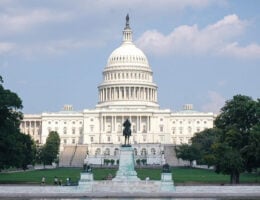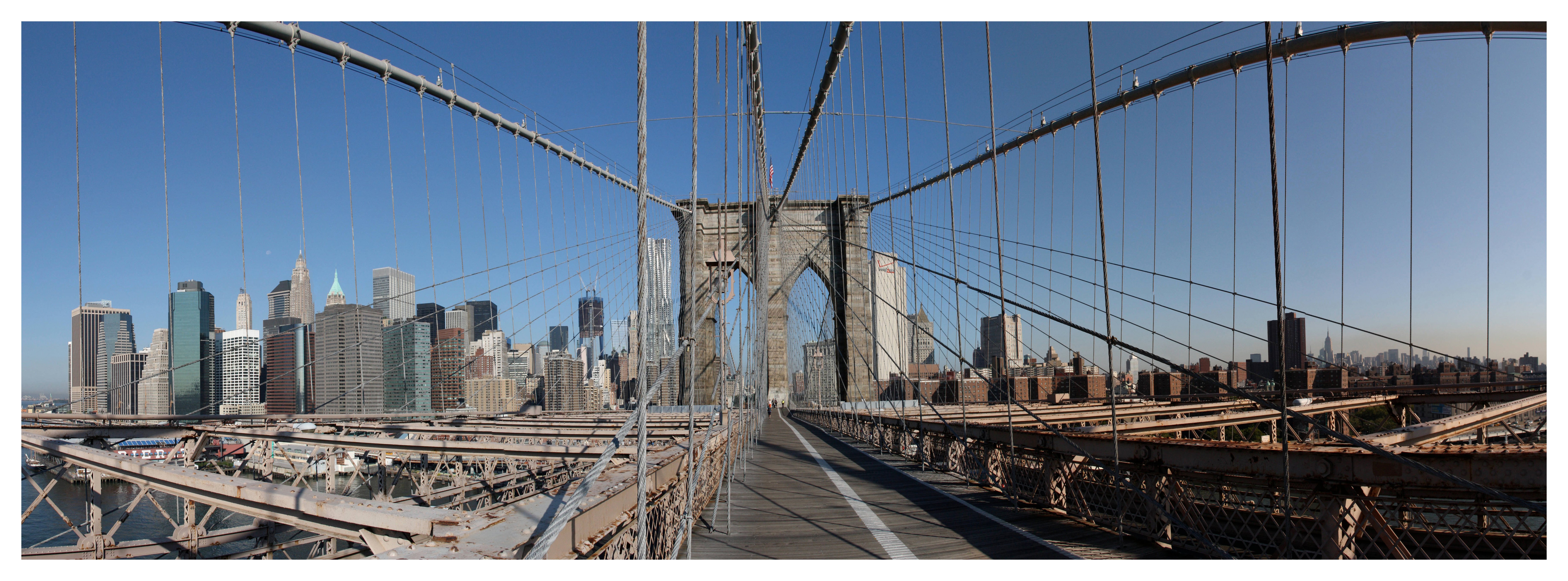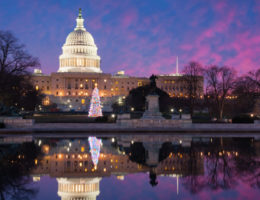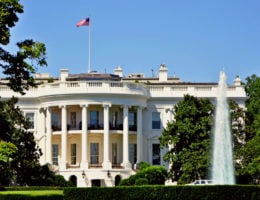On August 14, 2023, the US State Department, the Labor Department, and the Commerce Department issued a business advisory (“Business Advisory”) highlighting key risks for companies operating in South Sudan.
While it does not impose new legal obligations on companies, the Business Advisory highlights the fact that list-based sanctions remain in force targeting certain South Sudanese persons including designations under the US Treasury Department’s Office of Foreign Assets Control’s Specially Designated Nationals and Blocked Persons List, and the US Commerce Department’s Bureau of Industry and Security’s Entity List.
On 14 June 2023, the US Treasury Department’s Office of Foreign Assets Control published a Fact Sheet providing a helpful consolidated summary of the various existing exemptions, exceptions, and authorizations relating to the provision of humanitarian assistance that are available under certain US sanctions programs to respond to the COVID-19 pandemic. The Fact Sheet is informational only and does not supersede any legal obligations or create new, or modify existing, exemptions, exceptions, or authorizations.
Baker McKenzie’s Sanctions Blog published the alert titled OFAC Amends and Reissues the Belarus Sanctions Regulations on 19 April 2023. Read the article via the link here. Please also visit our Sanctions Blog for the most recent updates.
On November 26, 2022, the US Department of the Treasury’s Office of Foreign Assets Controls issued General License 41 authorizing Chevron Corporation to resume limited oil extraction operations in Venezuela and accompanying FAQs. According to the accompanying press release, OFAC issued GL 41 after Unitary Platform and President Maduro’s regime announced the resumption of negotiations; a humanitarian agreement focused on education, health, food security, flood response, and electricity programs that will benefit the Venezuelan people; and agreement on the continuation of talks focused on the 2024 elections. OFAC also issued an updated General License 8K extending certain limited wind-down activities with Petróleos de Venezuela SA until 25 May 2023.
Companies around the world have to comply with the Virginia Consumer Data Protection Act (VCDPA) with respect to personal data of consumers in Virginia. With the VCDPA, Virginia follows the California Consumer Privacy Act of 2018, as amended by the California Consumer Rights Act of 2020, but excludes employee and business representative data from its scope.
On 23 September 2022, the US Department of the Treasury’s Office of Foreign Assets Controls (OFAC) issued Iran General License D-2 (GL D-2), which amends and replaces the former Iran General License D-1 (GL D-1), and published three related Frequently Asked Questions (FAQs). GL D-2 authorizes a more expansive set of internet communication-related activities, including cloud-based software and services, that are otherwise prohibited under the Iranian Transactions and Sanctions Regulations. According to the accompanying press release, GL D-2 aims to support internet freedom in Iran by updating US sanctions guidance in light of changes in communications technology since the issuance of GL D-1 in 2014 and to respond to the Iranian government’s efforts to suppress internet access following recent anti-government movement in Iran.
Businesses that have implemented compliance measures to comply with the California Consumer Privacy Act of 2018, as amended by the California Consumer Rights Act of 2020 (CCPA) can leverage existing vendor contract terms, website disclosures and data subject right processes to satisfy requirements under Nevada’s Revised Statutes Chapter 603A. Most companies will not need to expand the scope of CCPA-focused privacy notices because the Nevada laws are much more narrowly framed. But, companies may find it operationally efficient to broaden the scope of opt-out rights if they engage in data sharing practices that qualify as “selling” of personal information, for example, in the context of digital advertising.
On June 30, 2022, the US Department of Commerce’s Bureau of Industry and Security announced four key policy changes to strengthen the administrative enforcement program and tackle external threats. These policy changes prioritize the “most serious violations” and cases that pose the greatest danger to US security.
Baker McKenzie’s Sanctions Blog published the alert titled United States: BIS Issues Temporary Denial Order Against Additional Russian Airline and Adds Aircraft to List of Aircraft Subject to General Prohibition 10 on 2 June 2022. Read the article via the link here. Please also visit our Sanctions Blog for the most recent updates.
On April 25, 2022, the US Treasury Department’s Office of Foreign Assets Control (“OFAC”) re-issued General License 13R (“GL 13R”) and General License 15L (“GL 15L”), narrowing those authorized activities with GAZ Group and entities owned 50% or more by GAZ Group (“GAZ”), as further described below. OFAC also issued a set of updated FAQs to clarify the scope of authorized activities under these GLs.








